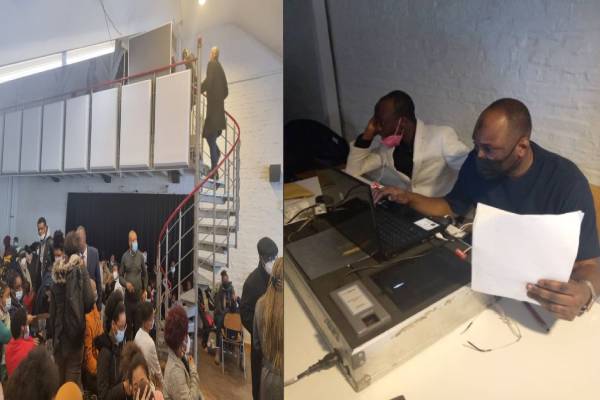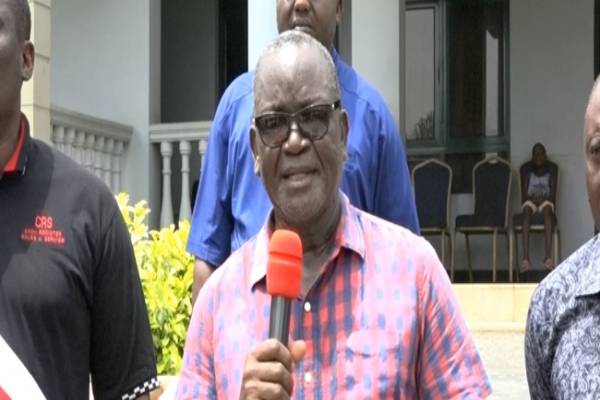The Nigerian embassy in Germany on Wednesday conducted a passport intervention exercise in Cologne, Germany.
The decision to issue passports in Cologne, according to Yusuf Tuggar, Nigeria’s ambassador to Germany, was an intervention to save applicants the bother of traveling to Berlin and Frankfurt to renew their passports.
According to the ambassador, the embassy plans to perform a similar exercise in other locations.





Nigerians complained last year that the Nigeria Immigration Service (NIS) was unable to issue passports due to a shortage of passport booklets in issuance centers both inside and outside the country.
The contractors in charge of the passport booklets were unable to source for forex from official sources and were forced to turn to the black market.
Because of the shortage, the House of Representatives gave the NIS 72 hours to address the backlog of passport booklet applications.
In order to alleviate the backlogs, the NIS then put a hold on passport requests until June 2021.
The NIS, on the other hand, stated in January 2022 that the passport processing backlog would be resolved by March.
The increased e-passport service, according to Isa Idris, acting comptroller-general of NIS, is part of the attempts to remedy the situation.
Meanwhile, the Nigerian embassy in Germany announced in February 2022 that the passport appointment system would be disabled and that applicants would need to plan appointments via email.





